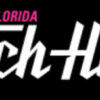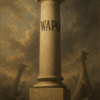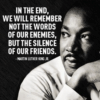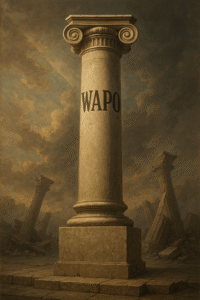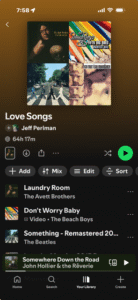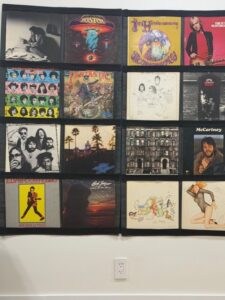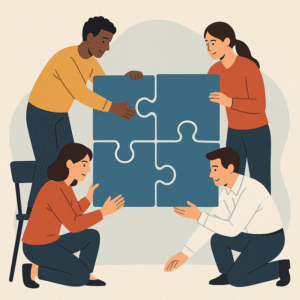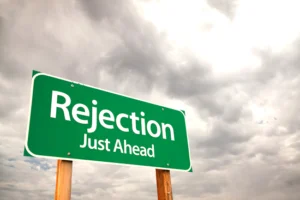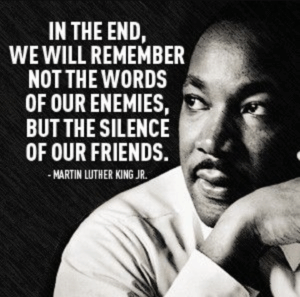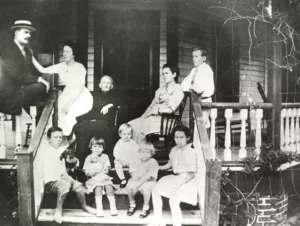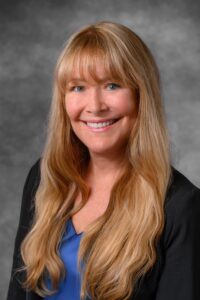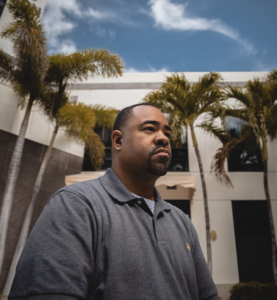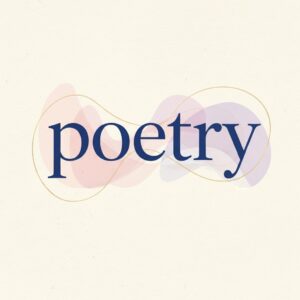
I don’t admire Mitch McConnell.
In fact, if I had a list of least favorite people, he’d be on it and near the top. I’m glad he’s retiring.
And to prove I have some bipartisanship in me, there are many people in my party who should move on too. Here’s looking at you Chuck Schumer.
Public service should be lifelong, but I’m not sure that serving in elected office was meant to be a decades long affair. There’s a need for new blood and a need for senior statesman to move into mentorship roles.
This creates two happy circumstances: room for new leaders and a clear lane for people with experience to share their hard earned wisdom.
But let’s get back to Senator McConnell for a moment.
Recently, I saw a piece in the Washington Post about the race to succeed Mitch that made me feel a pang of empathy for the man. (Luckily it passed quickly and it may have been indigestion).
The story talked about a three way primary in which all the candidates are running away from McConnell and his political brand.
Mind you this is Kentucky, McConnell’s home and a state he has served (sorry I don’t have another word) since 1985. This is a Republican primary and the candidates have assessed that McConnell, a longtime party powerhouse, is toxic.
But the idea of toxicity is not why the article struck me. Instead, I thought about politics and endings, and the fact that it seems happy endings are so elusive in that line of work.
Imagine a pursuit in which the most likely end game is defeat, disgrace or disgust. Why would anyone jump into that pool?
I’ve been following politics since I was a kid.
It was discussed at my dinner table, I majored in political science in college, read books and newspaper articles on the subject and continue to follow the topic into my dotage.
The state of the field has not gotten any better during this time. In fact, in my opinion, it has gotten a lot worse.
Still, the toxicity surrounding politics doesn’t seem to dissuade people from lining up for their turn in the barrel.
In my decades of observing politics on the local, state and national level I can think of only a few examples of elected officials who left us wanting more.
Usually that means leaving before fatigue sets in. As Kenny Rogers said; “you got to know when to fold them.”
Few do.
In the Washington Post piece it was reported that one candidate ran an ad where he put a cardboard cutout of Mitch in the trash.
Yikes.
All three candidates are former McConnell interns. So much for loyalty.
I guess the old adage is correct. If you are looking for loyalty in politics buy a dog.
Still, it’s hard to find a parallel in real life—the exceptions being business and pro sports. Just ask Bills coach Sean McDermott. Or Dolphins receiver Tyreek Hill. Or a CEO who misses his numbers. Years of winning, profits and touchdowns don’t count for much in a culture that values what have you done for me lately and more important, what can you do for me right now.
Two of the three former interns once referred to the Senator as a mentor, one said McConnell changed the trajectory of his life.
Now they are not only distancing themselves but criticizing each other for allegedly being close to him.
I guess everyone has an expiration date.
Truth be told, there were people I was once close too but no longer admire or associate with. And there are people who feel the same way about me. After decades in business, journalism and now philanthropy, I can’t think of a single enemy I made in the private sector. But in politics I have a few.
I suppose it goes with the territory. I think I’ll will stick with my dogs—they don’t judge and yes they are loyal.
loyal.



 Subscribe to YourDelrayBoca.com and get our free Insider’s Guide. Our gift to you! Never miss a thing in Delray-Boca:
Subscribe to YourDelrayBoca.com and get our free Insider’s Guide. Our gift to you! Never miss a thing in Delray-Boca:
